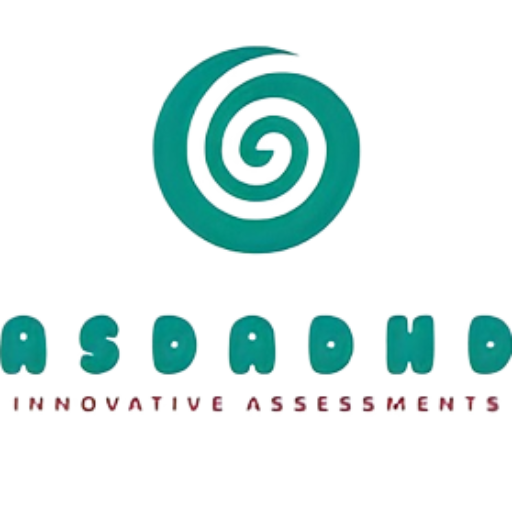22 Jul, 2023 | anishdr | No Comments
Navigating the Intersection of Typical Teen Behavior and ADHD
ADHD, or Attention-Deficit/Hyperactivity Disorder, is a neurodevelopmental disorder that affects both children and adults. It is characterized by persistent patterns of inattention, hyperactivity, and impulsivity. When it comes to teenagers, distinguishing between typical teen behavior and signs of untreated ADHD can be challenging. However, with the right understanding and strategies, parents can effectively manage this behavior and support their teens.
Understanding the Overlap
Defiance, clutter, disorganization, poor time management, difficulty with routines – are these typical teenage behaviors or indicators of untreated ADHD? It can be hard to tell. On the surface, your child’s behaviors may look like those of a defiant teen. But once you’ve secured a diagnosis — and are confident that it’s accurate — you’ll likely see that they were actually clear indicators of your child’s struggles with ADHD.
Four Steps to Manage Behaviors
To manage these behaviors in supportive, productive ways, start with these four steps:
- Educate Yourself About ADHD
Research how ADHD impacts various aspects of life and functioning, including attention, organization, impulsivity, hyperactivity, emotionality, executive functions, and motivation. - Seek Professional Help
Find a professional who specializes in ADHD and will work to understand how symptoms manifest for your child, specifically. - Assume Best Intentions
Start believing that your teen isn’t being purposefully “bad.” She isn’t meeting your expectations because she doesn’t have the skills to…yet. - Adjust Expectations
Resist the temptation to think that your teen “should” be able to do something. Teens with ADHD can be 3-5 years behind same-age peers in maturity. Set your expectations based on maturity level, not his age in years.
The Role of Communication
How a parent communicates with their child can contribute to a child’s oppositional behavior — for better or for worse. Reconsider how you ask your child to engage in a task and what happens when they fail to do so. A “no” might be a response to what your adolescent views as a demand rather than a request. The use of words such as “need,” “must,” or “will” may be triggering for kids who have ADHD. These non-negotiables give them the impression that a decision has already been made.
Encouraging Shared Involvement
You can also encourage cooperation by using words like “us,” “we,” “let’s,” and “together.” Or give autonomy and decision-making opportunities to your child by engaging them in directed free choice. This means offering them two or three options in a situation so they feel empowered to make a decision rather than resentful or angry about being told what to do. Kids may also want to play a bigger role in the brainstorming process.
Conclusion: Navigating the Intersection
In conclusion, while teens with ADHD may face unique challenges due to oppositional behavior, with the right understanding and strategies, parents can effectively manage this behavior and support their teens. By understanding the root causes of oppositional behavior and implementing effective strategies, parents can help their teens navigate these challenges and thrive.

Write Reviews
Leave a Comment
No Comments & Reviews